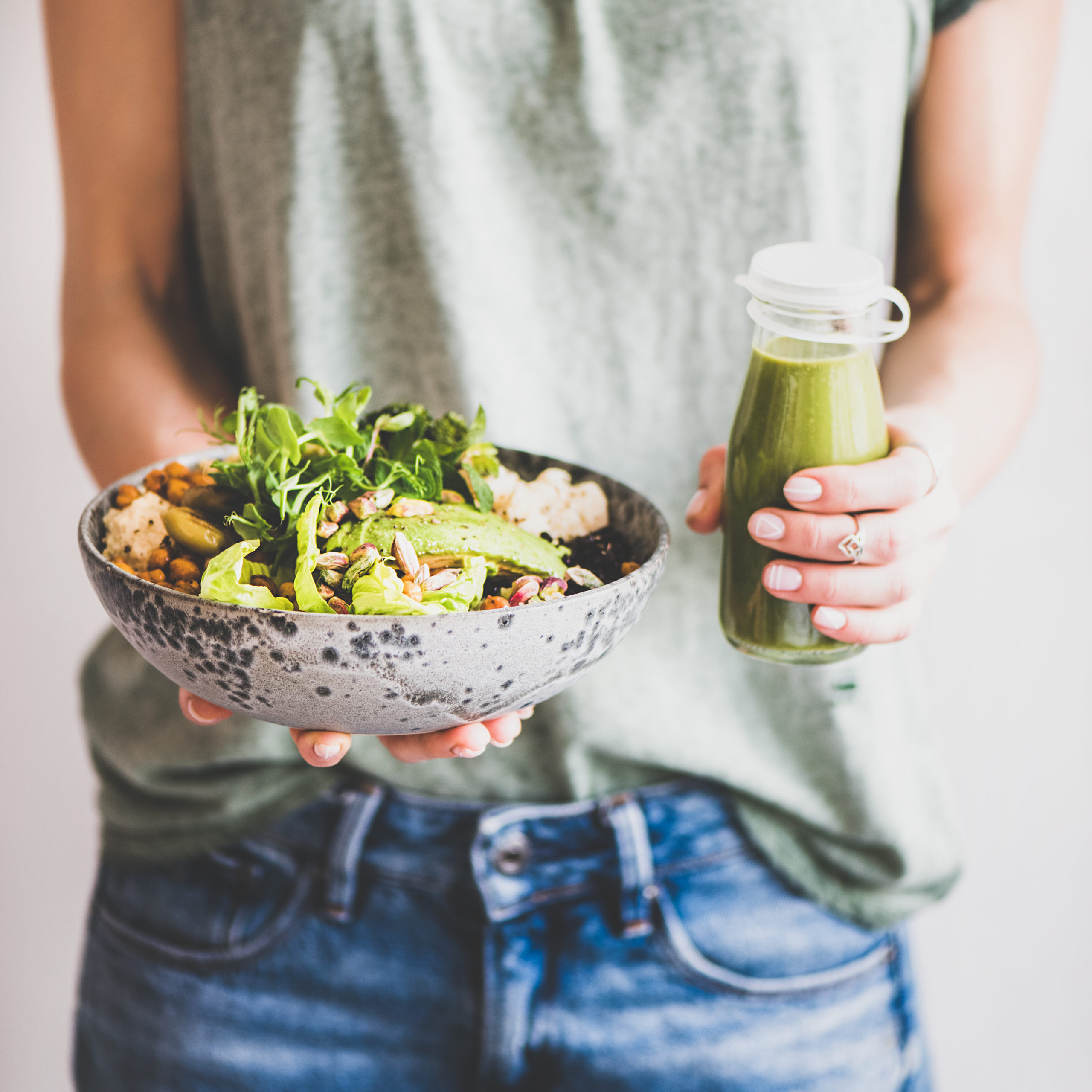In the last ten months, most people have been doing everything possible to stay healthy—social distancing, wearing a mask and practicing proper hygiene. However, there is so much more that each of us can do to boost our immunity to help us fight against infections and viruses.
While there are simple ways to boost and maintain a balanced immune system, there are no quick overnight solutions. It may require several of the following lifestyle and dietary changes. While we cannot always avoid getting sick, a healthy immune system will encourage a speedier recovery in cases when we do.
It is important to note that studies have not found any supplements, diet or lifestyle changes (beyond social distancing, masks and practicing proper hygiene) to protect against COVID-19 on their own.
Here are six lifestyle changes that can boost your immune system without the need for medications or specialized equipment.
Get Enough Sleep
Getting a good night’s sleep is the foundation for good overall health. When your body does not get enough sleep, your immune system jumps into action with the same kind of immediate response that it has to stress. When you sleep, your immune system makes more T-cells, which help fight viruses. Additionally, cytokines, a type of immune system protein, helps fight infections. Most adults should get 7-9 hours of sleep each night while teens need 8–10 hours and younger children and infants need up to 14 hours.
Daily Exercise
We all know that regular exercise is vital to a healthy life. Regular, moderate exercise helps maintain cardiovascular health, thus warding off upper respiratory infections and diseases like colds and the flu. It also helps reduce inflammation and the effects of aging on the immune system. Examples of moderate exercise include walking, biking, jogging, swimming and hiking. Most people should aim for at least 150 minutes of moderate exercise per week.
Drink Water
Staying hydrated is essential for immune health. Water has a considerable impact on your immunity because it flushes out toxins, preventing their buildup in your immune system. Water also helps your blood deliver oxygen to your organs and keep them functioning properly. An average adult should consume at least eight 8-ounce glasses per day.
Manage Stress Levels
It has been well-established that stress releases adrenaline and cortisol to boost energy, blood sugar, and the ability to take quick action. When cortisol is too high, your immune system is not as active. While short-term, low levels of stress are normal (and even beneficial in some way), chronic and long-term stress suppress your immune system, making you more susceptible to illness. Of course, you can never get rid of stress completely, but you can learn how to manage it. Some of the easiest ways to cut back on unnecessary stress are to keep your to-do list at a manageable level; activities that may help you manage stress include meditation, exercise and yoga.
Eat Right
One of the best things you can do to boost your immunity is to take care of your gut and adopt a healthy diet. Fiber-rich foods like whole grains, seeds, veggies and yogurt are some of the best to improve gut health. Orange juice and foods like oranges, strawberries, bell peppers, broccoli, kale and tomatoes are rich in vitamin C and can significantly improve certain immune responses. Blueberries are also rich in fiber along with Vitamins C and K. Protein not only helps build muscles but is vital for supporting immunity and fighting infections when they occur. Fatty fish, lean chicken, beans, tofu, lentils, nuts and seeds are excellent protein and zinc sources. Fatty fish is also high in omega-3 fatty acids, which can boost your immune response and fight inflammation.
Soak Up Some Sun
Getting at least ten minutes of sun exposure per day increases your body’s Vitamin D production and strengthens your immune system. Vitamin D from sunlight helps support white blood cells and reduces the risks of respiratory infections. When you can’t get enough sunlight, the next best sources of Vitamin D are milk, oily fish, such as salmon, eggs, cheeses, mushrooms and yogurt. Although none of these suggestions can prevent COVID-19, they may reinforce your body’s defenses against harmful pathogens. All it takes is your commitment to incorporate them every day. Your body will thank you for the change.








Leave A Comment